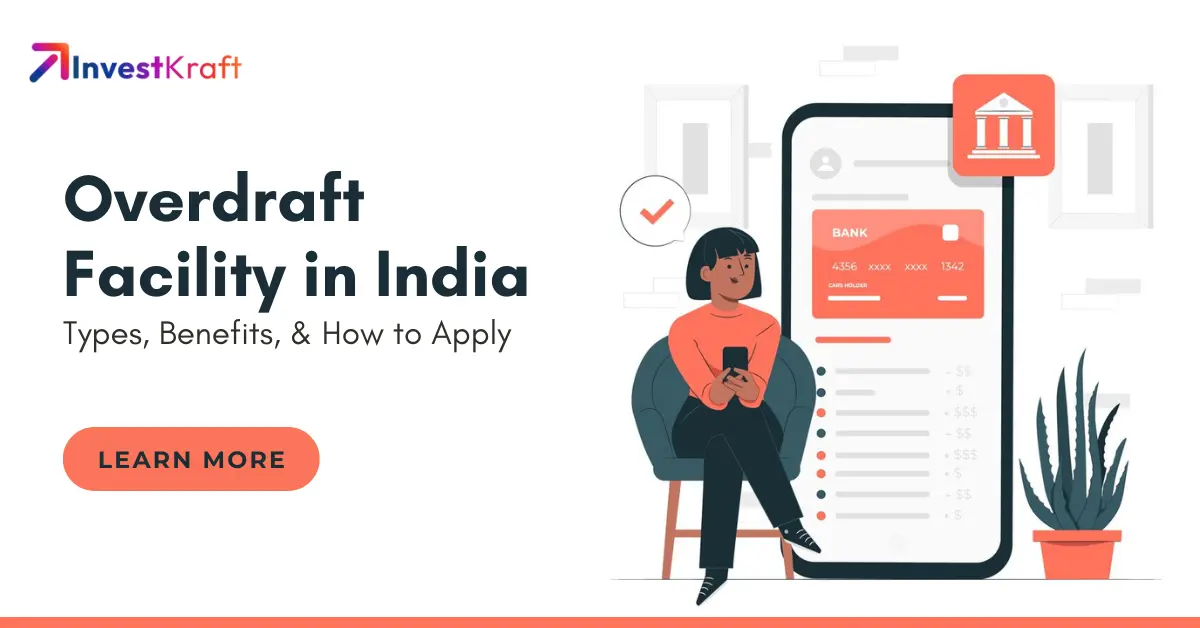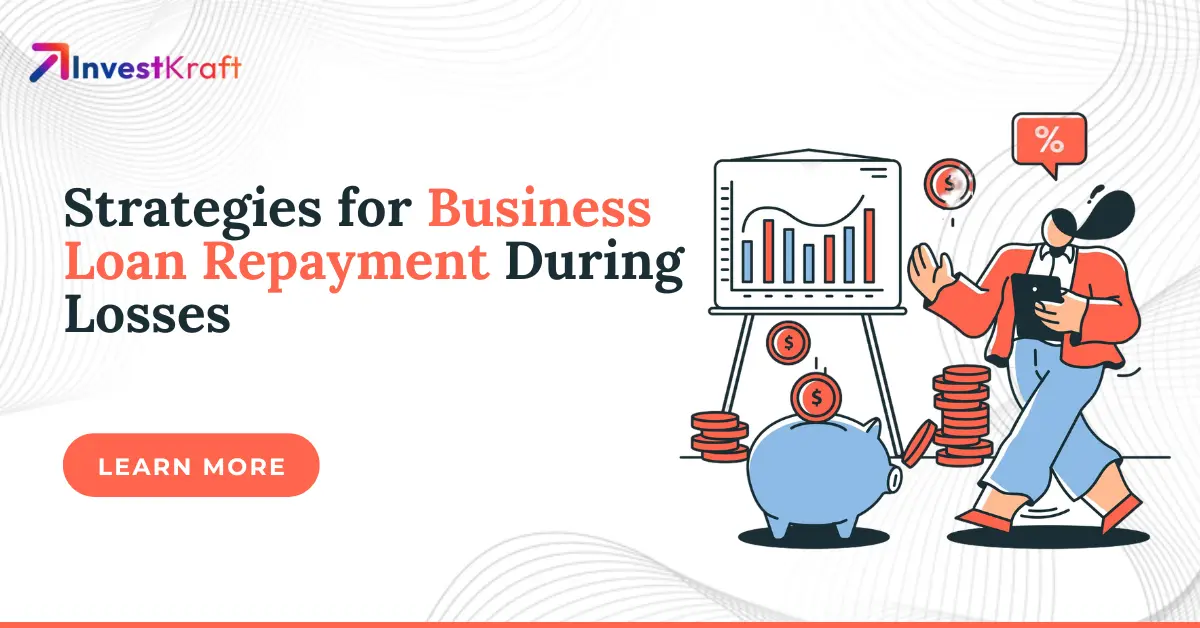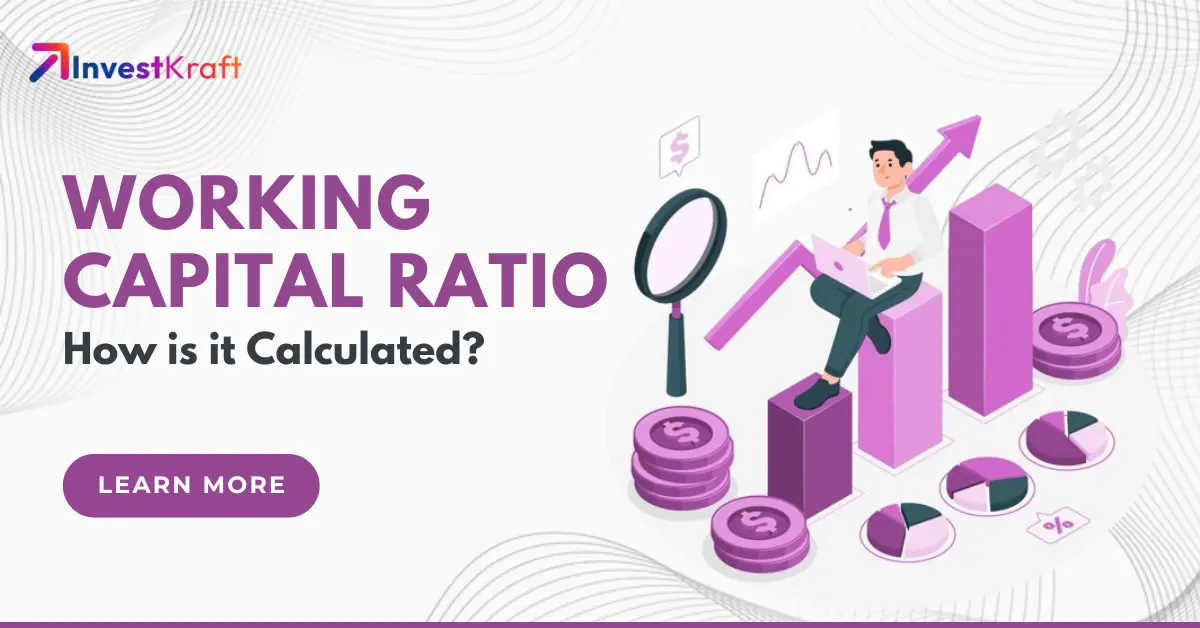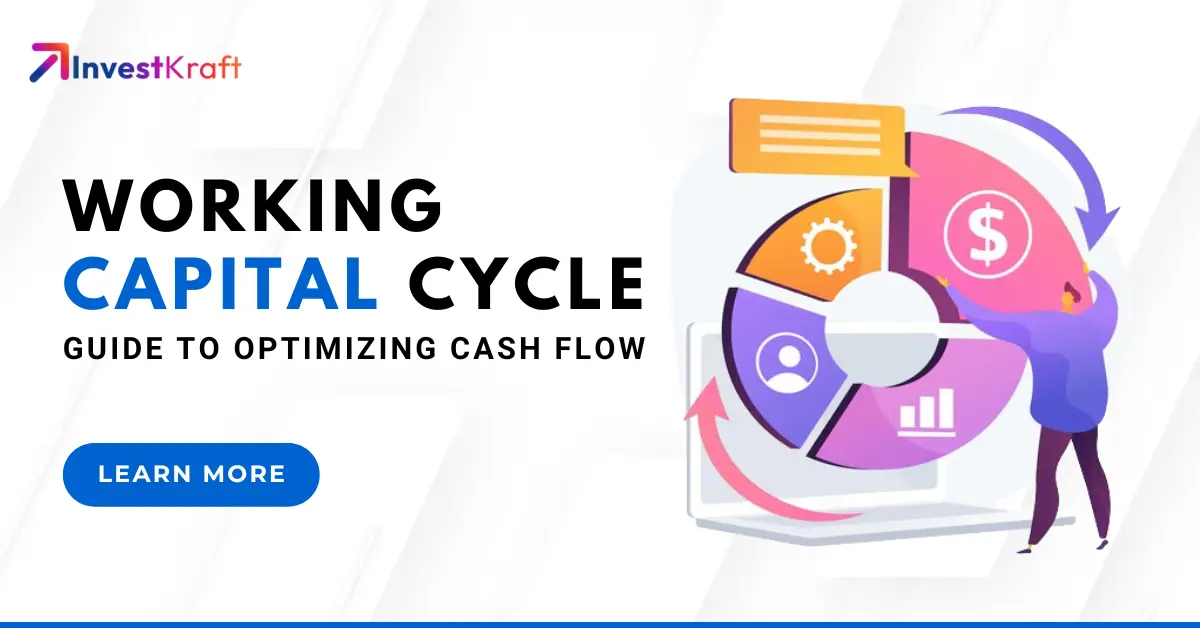Why Lenders Wait for a Business to Default to File a UCC?
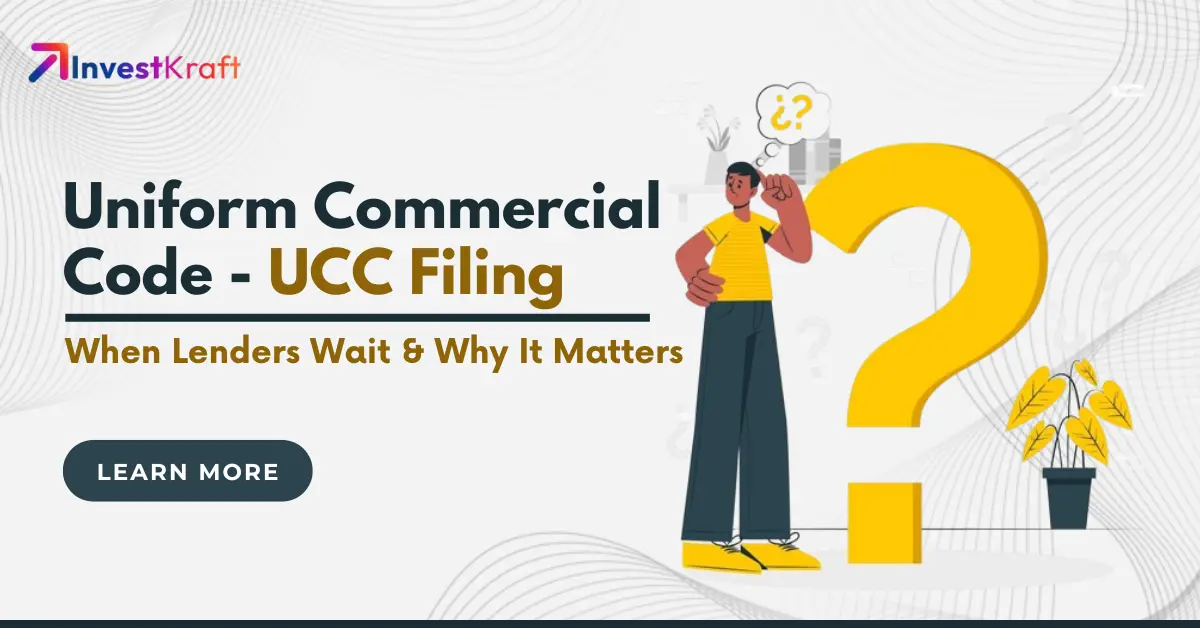
UCC filings or Uniform Commercial Code filings, are essentially public records that indicate a lender’s claim on specific assets in case of a loan default. Although they protect lenders, they can raise concerns for businesses, as they might impact their reputation. Therefore, business owners need to understand the implications and potential drawbacks before proceeding with a loan that requires a UCC filing.
This article discusses the importance of maintaining a healthy credit profile while also ensuring lender safeguards. It explores the reasons why lenders may delay filing a UC, the potential impact on businesses and situations where upfront UCC filings might be necessary. It also addresses common questions and suggests alternative options to UCC filings.
What is a UCC Filing?
A Uniform Commercial Code filing, also known as UCC filing, is utilized by lenders to secure a borrower’s loan with specific assets. This process grants lenders the ability to reclaim the specified assets to recover the loan amount in the event of borrower default. Whether it concerns a single piece of collateral or all of a business’s assets, the flexibility of UCC filings enables lenders to take the necessary steps to settle outstanding loan balances.
Why Lenders Do Not File UCC Immediately?
There are two primary reasons why most lenders choose to wait until a default occurs before filing a UCC against a business:
- Protecting the Business Reputation: When a business files a UCC financing statement, it becomes public knowledge that the business has taken out a loan and has pledged certain assets as collateral. This disclosure can potentially hinder the business’s ability to secure new financing in the future, as potential lenders may be cautious about extending credit to a company with existing liens on its assets
- Maintaining a Positive Relationship: Filing a UCC can create a sense of distrust between the borrower and lender, potentially damaging their relationship. Lenders might choose to wait until a default occurs in the hopes of preserving a more amicable relationship with the business throughout the loan term
Exceptions may arise in certain cases. For example, if the loan terms explicitly require a UCC filing or if the collateral is crucial for the loan, such as expensive equipment, the lender may decide to file regardless of the default.
In What Scenarios A Lender Might File a UCC Filing Upfront?
Lenders generally hesitate to file UCC statements right away but there are specific circumstances in which they may choose to do so. Two primary exceptions to this practice include instances where the borrower’s creditworthiness is low and when the collateral’s value is uncertain:
- Loan Agreement Stipulates UCC Filing: Loan agreements often stipulate that borrowers must give their consent to a Uniform Commercial Code (UCC) filing to secure the loan. This is particularly common for high-risk loans or those that involve substantial collateral
- Essential Collateral for the Loan: If a loan is secured by specific assets such as expensive machinery or valuable inventory, the lender may opt to file a UCC filing to establish their claim on these assets. This process, known as “perfecting the security interest”, guarantees the lender’s priority in the event of default, even if there are other creditors
Understanding these exceptions is crucial for borrowers to effectively navigate loan negotiations and anticipate potential UCC filings.
Conclusion
UCC filings play a crucial role in enabling business owners to secure loans while also safeguarding their reputation. These filings offer protection to lenders in case of default, but their public record nature can potentially raise concerns about obtaining future financing.
This article delved into the lenders’ decisions to delay UCC filings, such as safeguarding the borrower’s credit standing and nurturing a mutually beneficial business rapport. Nonetheless, circumstances such as predetermined loan terms or critical collateral may require an immediate UCC filing.
Understanding the UCC implications and exploring alternative options can provide businesses with the knowledge and confidence needed to negotiate loans effectively and maintain financial stability. This knowledge can help businesses make informed decisions and mitigate potential risks, ultimately leading to a smoother financial journey.
Frequently Asked Questions (FAQs)
Q: Why wouldn't a lender file a UCC right away?
A: Filing a UCC may harm the relationship between the lender and borrower, as it implies doubt in the borrower’s repayment capacity. To maintain a healthy business relationship and minimize tension, many lenders choose not to file a UCC and instead focus on building trust with the borrower throughout the repayment process.
Q: Are there any benefits for the borrower if a UCC isn't filed immediately?
A: A clean UCC filing record can improve a borrower’s appeal to other lenders, which is essential for securing additional financing. Conversely, the absence of a filed UCC can indicate that the business has no outstanding collateralized debt, making it easier to obtain further financing.
Q: What are the downsides for the borrower if a UCC filing is delayed?
A: If the borrower defaults and takes on new debt before the UCC is filed, the second lender might have a better claim on assets if they file their UCC first. This situation could result in the original lender having limited options for recovery in the event of default.
Q: When might a lender be more likely to file a UCC upfront?
- High-Risk Loans: In situations where the borrower’s financial history or the nature of business makes the loan high-risk, lenders often prioritize filing the UCC to secure their position early. This is done to protect their interests in case of a potential default
- Large Loan Amounts: When it comes to large loan amounts, the risk of potential loss for the lender in the event of default is quite substantial. This is why it becomes even more crucial to file a UCC upfront to protect the lender’s ability to recover the loaned funds through repossession of assets
Q: Are there any alternatives to filing a UCC?
A: A lender can confidently depend on a comprehensive security agreement that specifies the collateral provided by the borrower and the lender’s recourse in the event of default. Nonetheless, it is important to note that a security agreement is not publicly accessible and therefore does not provide the same degree of safety as a UCC filing.
Q: Can a UCC filing be amended after it's filed?
A: Yes, UCC filings can be amended if there are changes in collateral ownership, debt amount or borrower’s name. Both the lender and borrower need to agree on the amendment and file it.
Q: How long does a UCC filing last?
A: After the initial 5-year period, the lender must file a continuation statement to extend their claim on the assets and ensure their security interest remains valid. Failing to do so may result in the lender losing priority over other creditors, potentially weakening their claim in case of borrower default.
Q: What happens if there are multiple UCC filings on the same assets?
A: The order of filing is critical as it determines the priority of claims in the event of default. The first UCC filing holds a superior claim on the assets, highlighting the importance of timely filing for lenders, particularly when there is a possibility of competing creditors.
Q: Can a borrower dispute the filing of a UCC?
A: Yes, borrowers have the right to dispute a UCC filing if they find any errors, such as inaccuracies in their name, the collateral description or the filing date. To rectify these issues, the borrower can submit a correction statement to the UCC filing office.
Q: What are the UCC filing fees?
A: UCC filing fees can differ based on the state in which you are filing. Typically, either the borrower or lender will be required to pay these fees. To determine the exact expenses related to UCC filings in your state, it is advisable to reach out to your local UCC filing office for specific information on the costs involved.

Author: Abhik Das
Abhik Das is a versatile content writer with over 5 years of experience crafting engaging and informative content across diverse industries. His expertise spans the fields of ed-tech, pharmaceuticals, organic food, travel, sports, and finance.
Here's what sets Abhik apart:
Content Versatility: Able to adapt writing style and tone to suit various audiences and content needs.
SEO Proficiency: Creates content optimized for search engines, ensuring discoverability and organic traffic.
Deep Research: Conducts thorough research to ensure content accuracy and credibility across complex topics.
Engaging Storytelling: Captures reader interest with clear, concise, and compelling writing.
Abhik's diverse background empowers him to deliver insightful content across a wide range of subjects. Whether you're seeking engaging explainer pieces on the latest financial trends, informative guides to organic food choices, or captivating travelogues, Abhik has the expertise to craft content that resonates with your audience.










